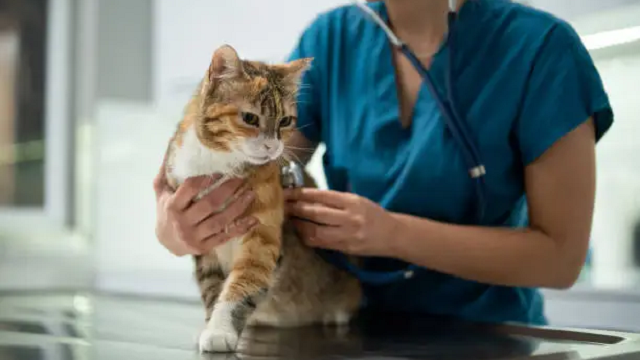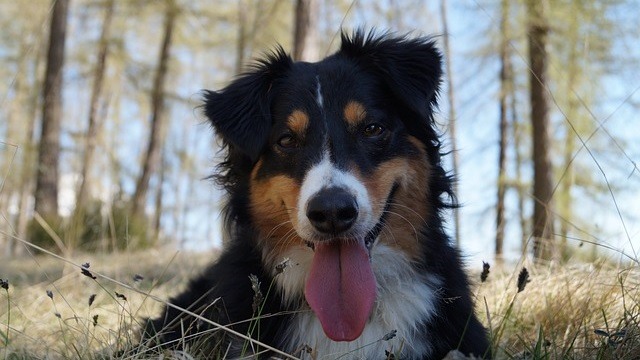Unexpected Vet Bills: How to Plan Smarter as a Pet Parent
We all want the best for our pets, but unexpected vet bills can be a major source of stress. Emergencies happen, and the costs can pile up quickly—often when we least expect it. For many pet parents, not being financially prepared makes tough moments even harder.
That’s why planning ahead is so important. In this blog, we’ll break down the true cost of vet care, why many pet parents feel caught off guard, how pet insurance can help, and a few smart tips to stay ready for anything.
- 75% of pet owners spend an average of $1,507 annually on vet care.
- Unexpected emergency vet bills can lead to significant financial stress.
- 53% of pet parents can't cover a $1,000 vet emergency without debt.
- Pet insurance can help mitigate unexpected veterinary expenses.
- Smart planning and organization can help pet parents prepare for emergencies.
The True Cost of Vet Care
Let’s face it: vet care isn’t cheap. According to recent data, 75% of Americans with at least one pet report spending an average of $1,507 a year on medical care1.
While some expenses are predictable, like routine checkups or vaccinations, others can hit without warning:
- Emergency surgeries
- Accidents and injuries
- Diagnostic tests
- Prescription medications
A sudden illness or injury could easily cost $1,000 or more. Even a healthy pet can face unexpected accidents—from swallowing something they shouldn’t to developing a sudden limp.
“I got the Maven sensor for my 14-year-old Chihuahua mix with heart and trachea issues. It gave me back peace of mind – I can track her RRR, BPM, drinking, and activity anytime and know instantly if something’s wrong. Highly recommend!”

★★★★★
Chiara De Luca
Titti
Why Pet Parents Are Often Unprepared
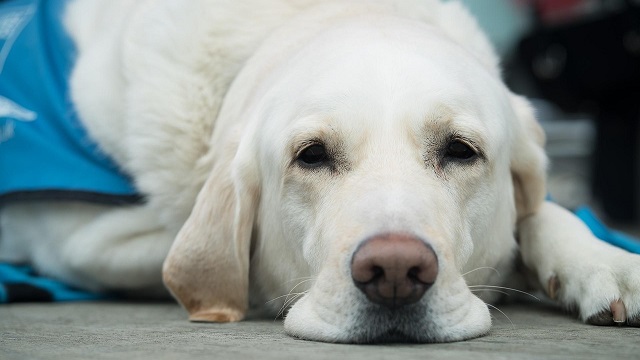
Many pet parents don’t realize how expensive emergency care can be until they’re in the middle of it. Here are a few reasons why:
- Lack of cost awareness: Routine visits feel manageable, but emergency bills come with sticker shock.
- Emotional decisions: In a crisis, we want to help our pets immediately—which can lead to quick, costly choices without the time to budget.
- No emergency savings: A recent survey showed 53% of pet parents couldn’t cover a $1,000 emergency vet bill without going into debt1.
Being caught off guard makes everything harder—but the good news is, it doesn’t have to be this way.
Understanding Pet Insurance
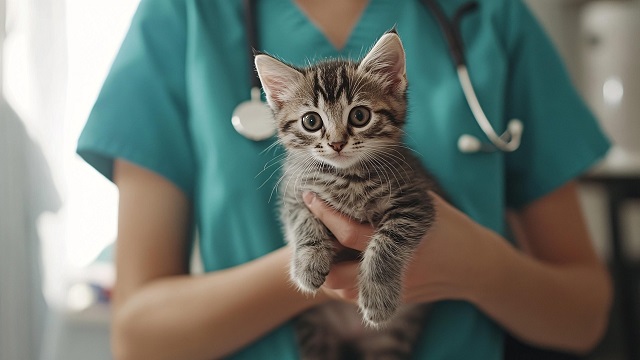
Pet insurance is an effective tools to help soften the blow of unexpected vet bills. But how does it really work?
What it typically covers:
- Accidents and injuries
- Illnesses
- Emergency surgeries
- Diagnostic tests
- Prescription medications
Some plans also offer wellness add-ons for preventive care like annual wellness exams, vaccines and dental cleanings.
What it doesn’t usually cover:
- Pre-existing conditions
- Cosmetic procedures
- Routine care like grooming and dental cleanings
Smart Planning Tips to Stay Prepared

Even if you don’t go the insurance route, there are simple things you can do to stay ready:
- Keep digital medical records: Store vet receipts, vaccination dates, and medications in one place for easy access.
- Know your local emergency options: Research 24/7 clinics and urgent care vets nearby.
- Understand breed-related risks: Certain breeds are more prone to health issues. Knowing what to watch for can help you act quickly.
Being organized and informed gives you more control in stressful moments.
Key Takeaway
Being proactive about your pet’s health and your finances can save you stress, money, and difficult decisions. Whether it’s investing in insurance, knowing emergency options, or keeping solid records, smart planning now can help give you peace of mind later.

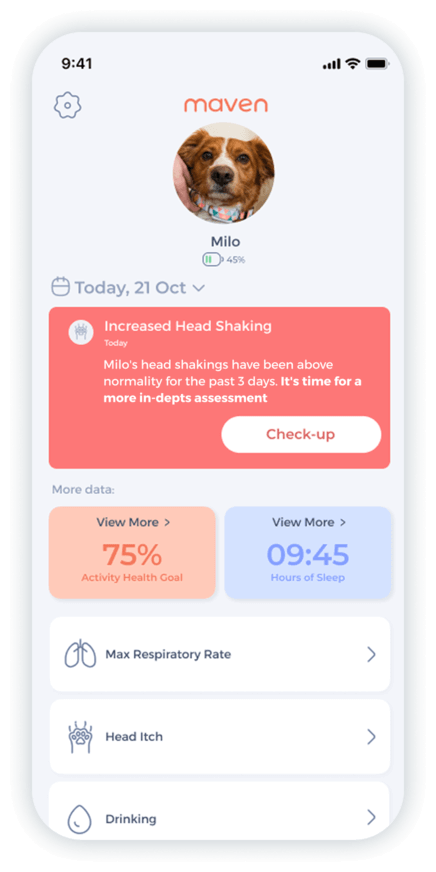
Monitor heart rate, respiratory rate, activity & rest, drinking, itch behavior.
Conclusion
Unexpected vet bills are part of life as a pet parent, but they don’t have to feel overwhelming. Planning ahead makes all the difference. Start small: get a pet insurance quote, find the nearest emergency clinic, or organize your pet’s records.
It’s all about being prepared so you can focus on what really matters—giving your pet the care they need, when they need it most.
Sources:
- Davis, Maggie. “76% of Pet Owners Would Go into Debt to Save Their Animal’s Life, but Only 29% Have Pet Insurance.” ValuePenguin, 20 June 2023, www.valuepenguin.com/pet-care-survey.
Maven Pet focuses on improving the quality of life of our pets with technology, using artificial intelligence (AI) to enable proactive pet care. By accurately collecting and monitoring pet data 24/7 and flagging any irregularities, Maven Pet empowers pet parents and veterinarians to stay ahead of potential health issues, ensuring the well-being and longevity of our beloved companions.

